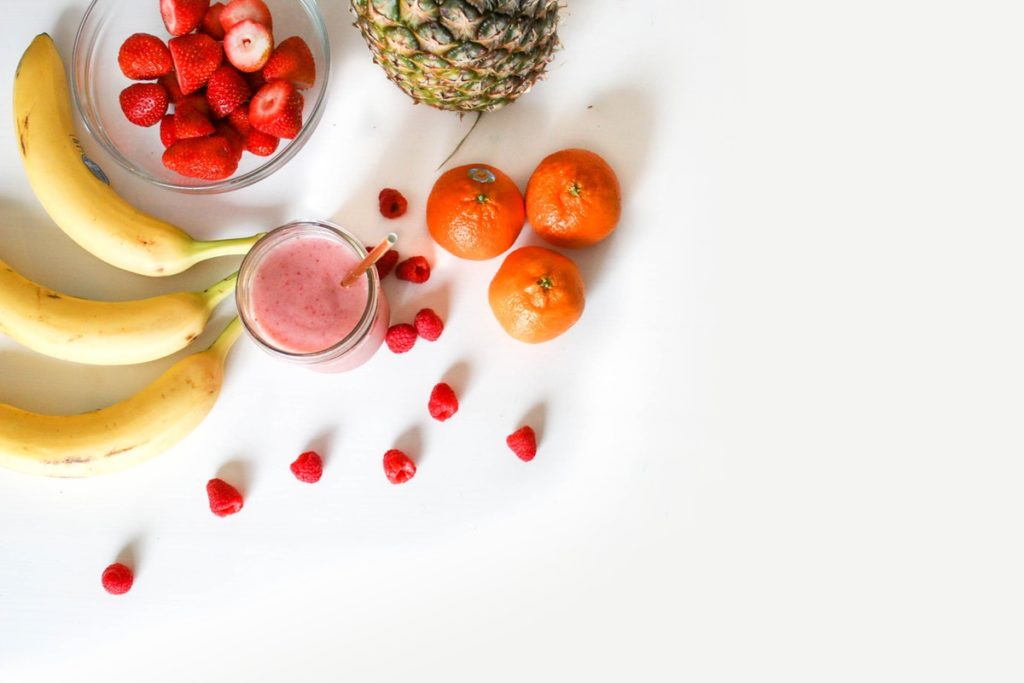What is your current state of health? Do you eat a healthy, well-balanced diet? Do you go to the gym on a regular basis to maintain your fitness? Do you make an effort to consume at least eight glasses of water each day? Do you get enough sleep on a regular basis? Do you make an effort to maintain a healthy lifestyle?
Our bodies are temples, and they must be treated with respect. Are you aware that more than 70% of Americans are overweight or obese? That’s insane! Consider your body as a protective shell that will protect you throughout your life. If you abuse your shell on a regular basis, it will quickly wear out.
When life is so great, you don’t want to be bothered with unwelcome health issues. Your important organs may be functioning normally right now, but that might change tomorrow. Take care of yourself and don’t put your health on the back burner. Remember to keep an eye out for yourself.
Healthy living comprises more than just eating healthily and exercising on a regular basis; it also includes having a positive attitude, a positive self-image, and leading a healthy lifestyle. In this paper, I provide 45 tips for leading a healthy lifestyle. This article is worth bookmarking and storing the tips for since they will assist you in living a healthy lifestyle.
1. Drink Enough Water
The bulk of us does not drink enough water on a regular basis. Do you realize that water makes up more than 60% of our entire body weight? Water is required for biological activities, waste clearance, and the transmission of nutrients and oxygen throughout our systems. Every day, we lose water through urine, bowel movements, sweat, and breathing, therefore we must replenish it.
Drinking water may also assist with weight loss. According to a study conducted by Health.com among overweight or obese persons, water drinkers lose 4.5 pounds more than a control group! This is because drinking more water helps to fill your stomach, making you feel less hungry and less prone to overeat, according to experts.
The amount of water we need depends on a number of factors, including humidity, physical activity, and weight, but on average, we need 2.7-3.7 liters per day. We need to drink around 2.0-3.0 liters of water, or about 8-10 glasses, because food contributes for roughly 20% of our fluid consumption (now you understand why the 8 glasses guideline arises!).
If you’re adequately hydrated, your urine should be somewhat yellow. If it’s not bright yellow or even orange, you’re not getting enough water. Chapped lips, a dry mouth, and a lack of energy are further signs.
2. Get Enough Sleep
Overeating is a way of compensating for not getting enough sleep. It’s usually quick food. You won’t need to eat to stay awake if you get adequate sleep. Sleep deprivation also hastens to age, something you do not want!
3. Eats Lots of Fruit
Vitamins and minerals abound in fruits. Get your vitamins and minerals from food rather than supplements. To stay energetic, I eat a variety of fruits every morning. Watermelon, Rockmelon, Honeydew, Peach, Apple, Grapefruit, Pomelo, Mango, Orange, Banana, Papaya, Kiwi, Strawberries, Blueberries, Blackberries, Raspberries, Watermelon, Rockmelon, Honeydew, Peach, Apple, Grapefruit, Pomelo, Mango, Orange, Banana, Papaya, Kiwi, Strawberries, Blueberries, Blackberries, Raspberries, Strawberries, Blueberries, You may even combine collagen with Vitamin C to improve the health of your skin.

4. Eat a Variety of Vegetables.
Vegetables are high in folate, vitamin K, folate, vitamin A, manganese, and potassium, as well as dietary fiber, which is important for digestive health. Vegetables are divided into two categories: Non-starchy veggies include kale, arugula, spinach, broccoli, brussels sprouts, long beans, tomato, cucumber, and mushroom; starchy vegetables include white potato, sweet potato, yam, and pumpkin (technically a fungus).
Corn, green peas, carrots, artichokes, beets, cauliflower, and beans are slightly starchy and hence fall towards the center of the pyramid (technically legumes). All vegetables are good for us and improve our nutrition.
Include a spectrum of fruits and vegetables in your diet. Every day, eat a wide array of colorful fruits and vegetables. To begin, various colored fruits and vegetables have varying degrees of anti-oxidants, which aid in the removal of free radicals that harm our cells and reduce inflammation in our bodies. Second, eating a diverse range of fruits and vegetables promotes the growth of a diverse population of beneficial bacteria in our gut, which acts as a powerful barrier between us and the environment, boosts our immune system, and enhances our long-term health.
Under the color wheel, you’ll find a comprehensive list. If you already have stomach troubles, don’t eat too much fiber because it might make digestion and constipation worse. As your stomach heals, eat low-fiber meals, juice your fruits and veggies to absorb their nutrients, and gradually increase your fruit and vegetable consumption.
5. Limit Processed Foods
Processed foods are bad for our health because (a) much of the nutritious value is lost during the production process, and (b) the added preservatives are damaging to our health. Many processed foods include salt, which leads to high blood pressure and heart disease. In general, the more components on a food’s label (ending in ‘ite’ or ‘ate’), the more processed it is. Choose baked potatoes over chips, fresh fruit over canned fruit, and whole grains over white bread for less processed meals. You might want to include the keto diet into your everyday routine. It is a diet that is highly recommended.
